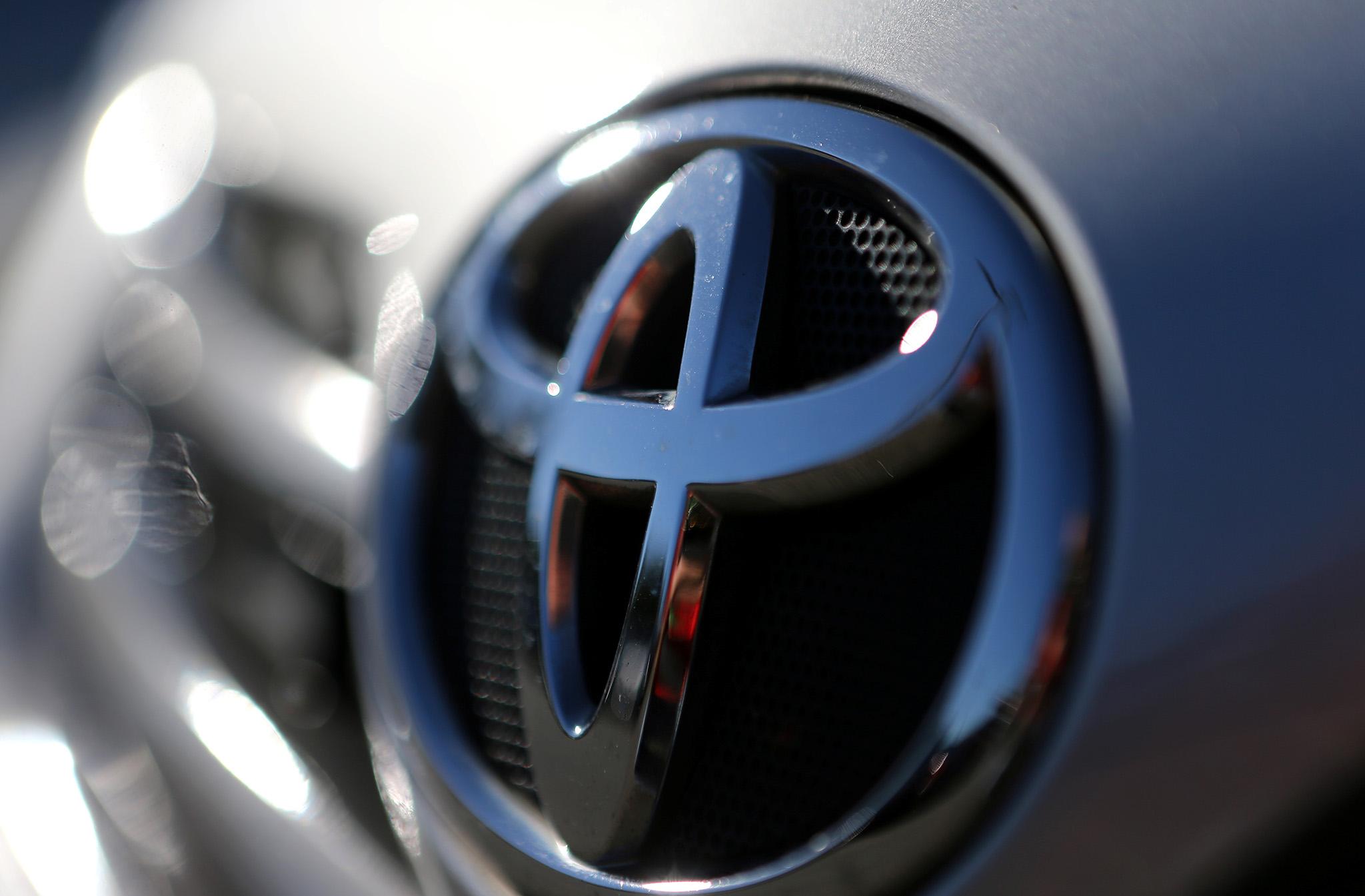Toyota invests in Uber's south-Asian rival Grab as way into ride-hailing market
Grab will share driving data with Toyota as the carmaker participates in Grab's fundraising round

Toyota is pushing deeper into the ride-sharing business.
Japan’s biggest carmaker will invest an undisclosed amount in Grab, Southeast Asia’s leading ride-hailing operator, and said it will work with the company to provide services in the region.
The latest deal comes a year after Toyota bought a small stake in Uber as part of alliances it is stitching together to explore new revenue models.
“Through this collaboration with Grab, we would like to explore new ways of delivering secure, convenient and attractive mobility services to our fleet customers in Southeast Asia,” Shigeki Tomoyama, a senior managing officer at Toyota, said in a statement on Wednesday.
Car manufacturers are working with and competing against technology companies to figure out how to make money from services to drivers as automation, electrification and on-demand transportation threaten to reshape the current model of individual car ownership.
Honda has also invested in Grab, its first in a ride-sharing company, in a partnership aimed at expanding motorcycle-hailing operations in Southeast Asia.
Toyota’s investment in Grab will be through the 6bn yen (£42m) Next Technology Fund set up in April by unit Toyota for opportunities in innovative technologies, products and services.
Grab is aiming to raise $2.5bn from the latest round of funding, of which it has previously announced $2bn in investment from Didi Chuxing and SoftBank. That will take Grab’s valuation north of $6bn, a person familiar with the matter said in July.
Toyota will record and analyse driving patterns in 100 Grab cars in Singapore, and offer recommendations on what connected services it can provide Grab drivers, the two companies said in separate statements.
“We are confident this will benefit our driver partners,” Grab co-founder and chief executive Anthony Tan said in one of the statements. “We look forward to exploring other ways to collaborate with Toyota in the future.”
Carmakers globally are racing to place bets on which companies will emerge as the dominant players in ride-sharing. General Motors has joined forces with both Uber and Lyft, while Volvo Cars had partnered with the former and Tata Motors’s Jaguar Land Rover with the latter. Volkswagen has created a mobility services division under the Moia brand and invested $300m in ride-hailing provider Gett.
Beyond ride hailing, Toyota is also collaborating with US car-sharing company Getaround to promote the carmaker’s new mobility service platform. It started testing a new suite of car-sharing apps and services this month with Servco Pacific in Honolulu, Hawaii.
The Toyota City-based carmaker is boosting spending in what it calls the “crucial fields” of artificial intelligence and other advanced technologies to as much as a quarter of its total R&D budget, from about a fifth previously. President Akio Toyoda has said a “paradigm shift” is underway in the car industry, forcing a re-evaluation of traditional business models.
The danger of falling behind became clear in May, when then-Ford Motor chief executive Mark Fields was forced out after losing the confidence of the board and of investors that he could keep pace with the rapid pace of change in the industry.
For its part, Grab – which counts more than 1.2 million drivers across seven countries – has also been expanding partnerships beyond carmakers.
It’s collaborating with Tokyo Century on leasing and rental cars for drivers; it is integrating its services in Singapore with CapitaLand’s network of shopping centres, serviced apartments and offices; and, it has teamed up with the Lippo Group, the Indonesian conglomerate founded by billionaire tycoon Mochtar Riady.
In Southeast Asia, Grab claims to have a 95 per cent share in third-party ride-hailing and 71 per cent in private vehicle hailing.
The market is expected to increase fivefold to $13.1bn by 2025, according to a study by Google and Temasek.
Bloomberg
Join our commenting forum
Join thought-provoking conversations, follow other Independent readers and see their replies
Comments